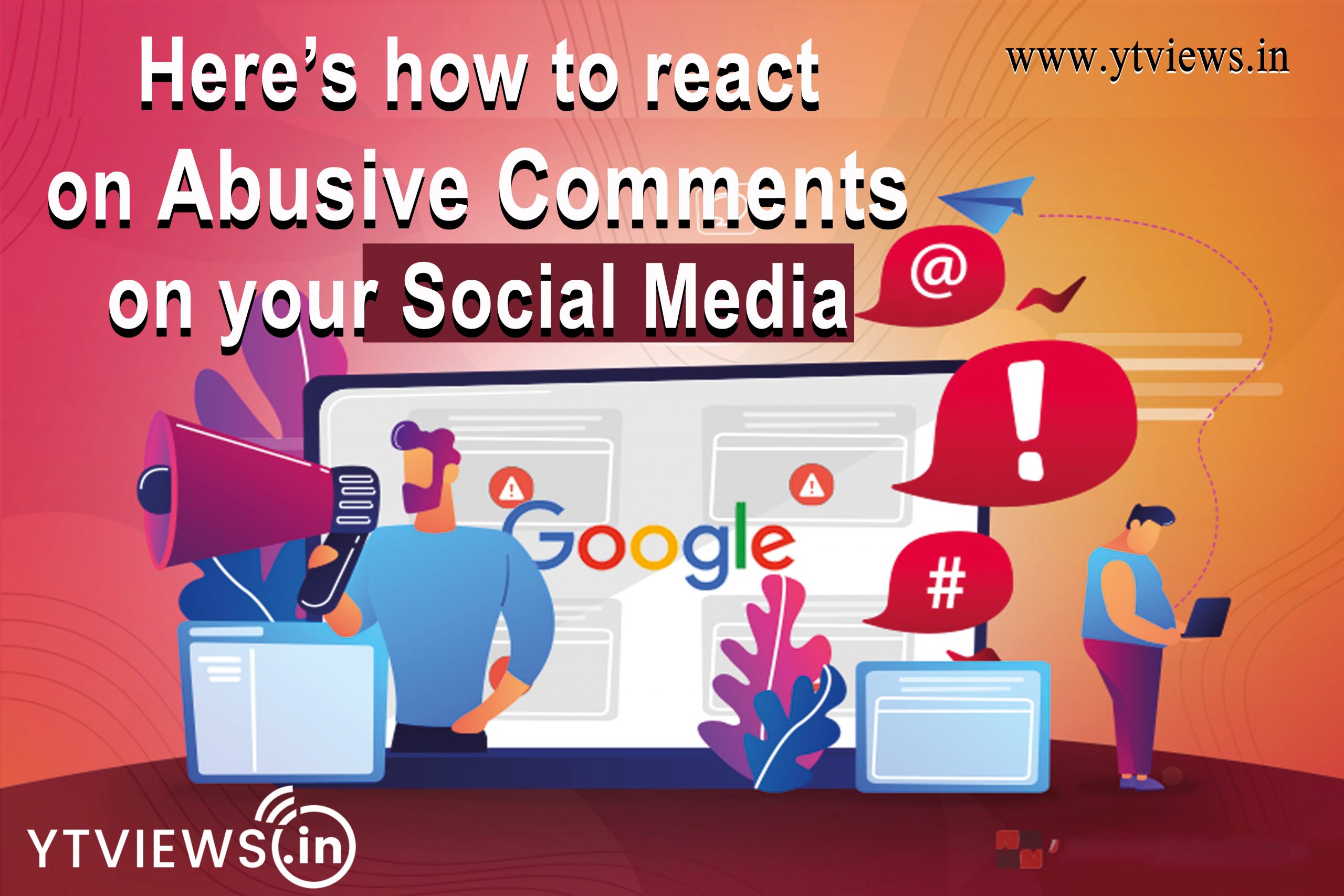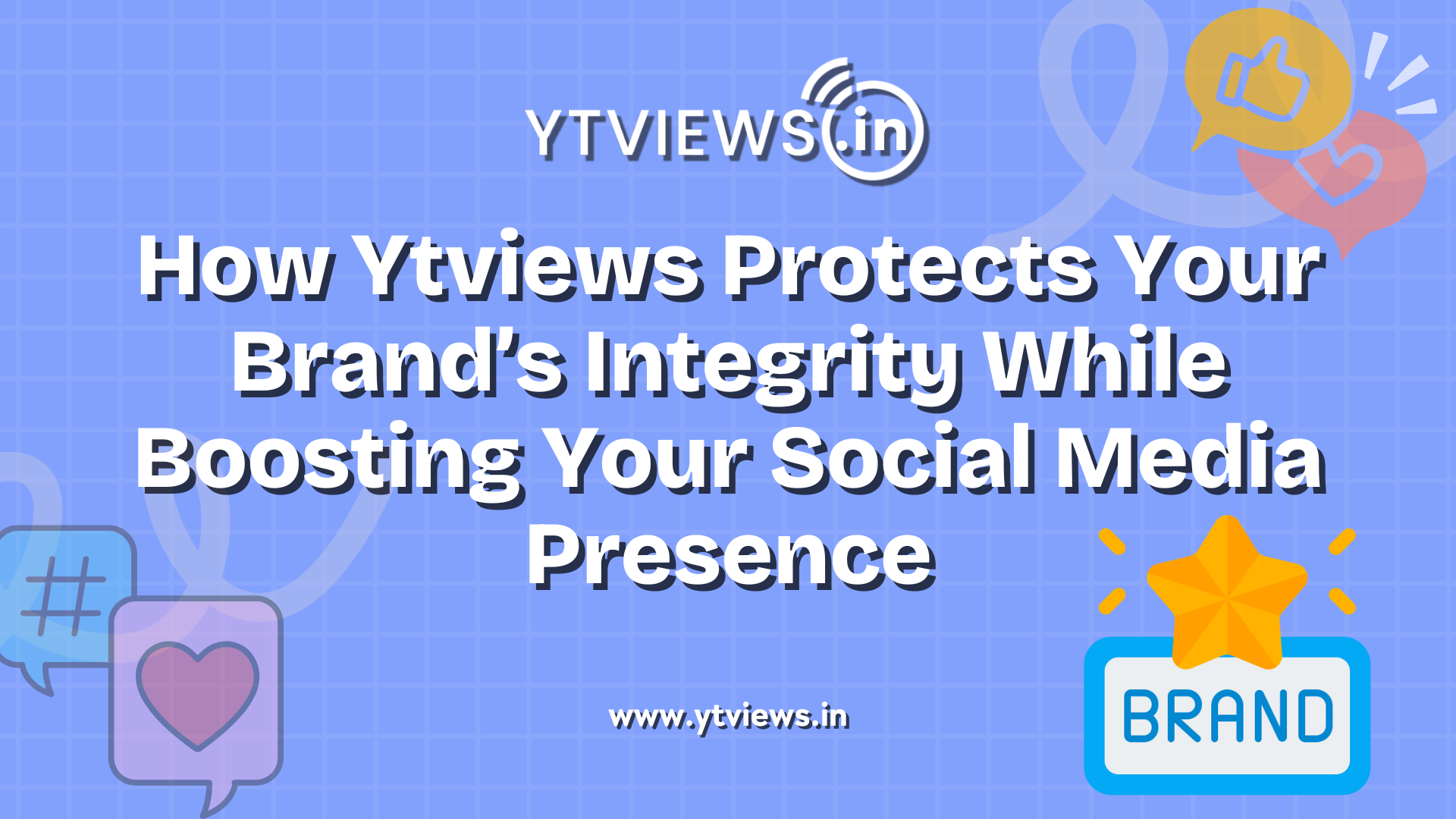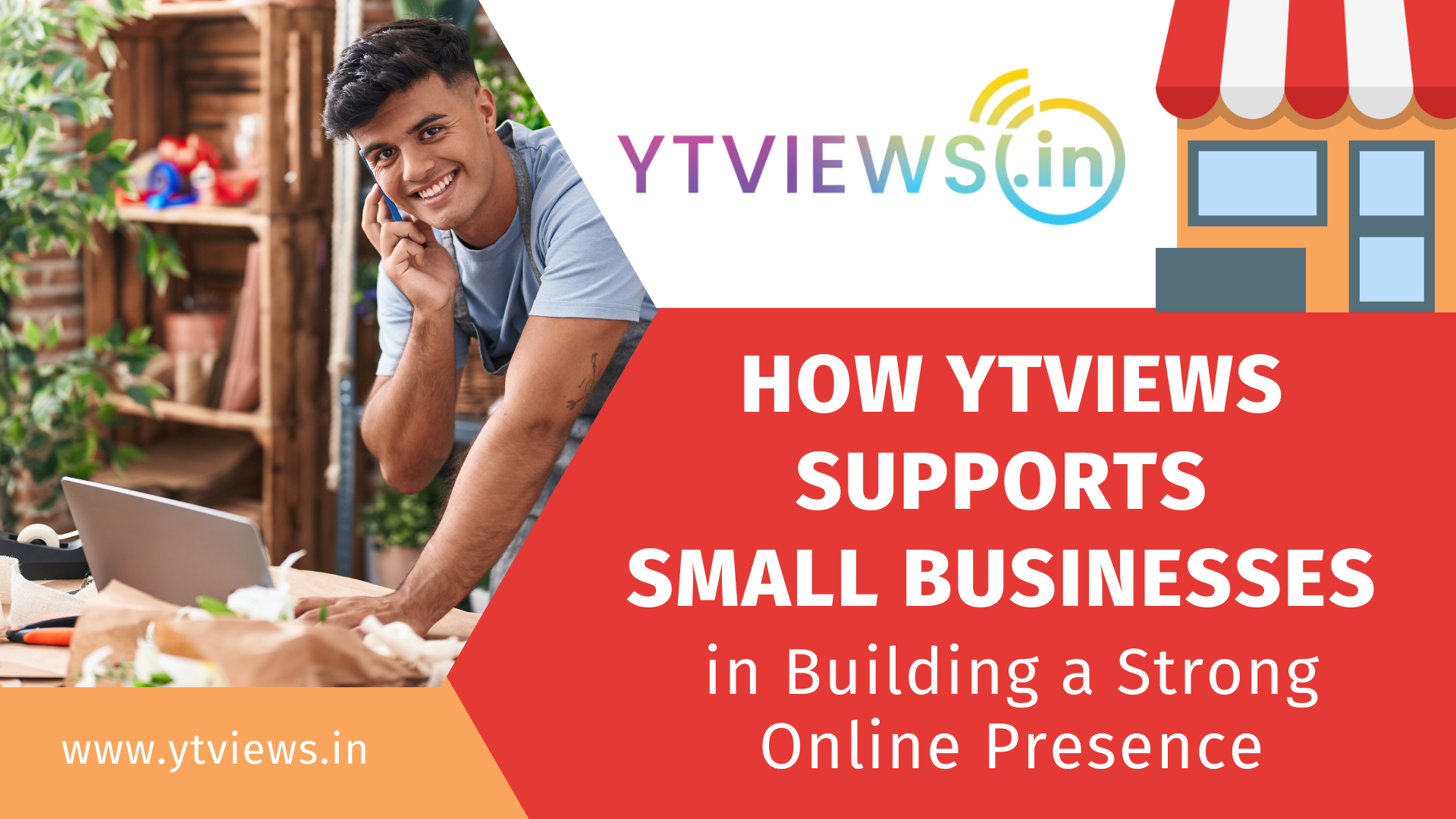Here’s how to react on abusive comments on your social media
 Complaints and negative comments are rather rules, than just exceptions that one must be prepared to face as an individual or a brand with a social media presence. Negative feedback is inescapable when you have hundreds of users engaged in your social media profiles. Whether you’ve been dealing with a disgruntled customer or a misinterpretation, the way with which you manage negative feedback has a big impact on your digital trustworthiness. Prominent and well-known consumer brands all around the world have paved the charge for dealing with negative feedback. We must understand how to reply to and respond to criticism, be it constructive or in an adverse manner before they have a severe impact on our internet reputation.
Complaints and negative comments are rather rules, than just exceptions that one must be prepared to face as an individual or a brand with a social media presence. Negative feedback is inescapable when you have hundreds of users engaged in your social media profiles. Whether you’ve been dealing with a disgruntled customer or a misinterpretation, the way with which you manage negative feedback has a big impact on your digital trustworthiness. Prominent and well-known consumer brands all around the world have paved the charge for dealing with negative feedback. We must understand how to reply to and respond to criticism, be it constructive or in an adverse manner before they have a severe impact on our internet reputation.
The initial approach
So how would you decide when to reply to critical and negative comments on your social media profile and when to ignore them? This judgement is mostly based on the facts surrounding your social media account as well as the nature of the comments expressed. Considering that point of instance and who is posting negative comments on your social media profile, the stakes will be distinctly diverse. In essence, this indicates that each comment must be taken into account individually. In today’s modern environment, it’s easy to overlook that the person on the other side of a social network account is a real person. This is especially true if you’re just a regular person who uses social media.
When should you address the comments?
When is the time to actually show up and truly respond to unfavourable remarks rather than ignoring them? 1 This is something that you would surely want to consider on an individual basis. It’s crucial to note, that, just ignoring or deleting unpleasant comments isn’t always the wisest course of action, despite what you might hear as conventional advice. While it’s true that blocking and deleting is the best course of action if you’re being bullied, intimidated, blackmailed, or otherwise insulted over the Internet, there are a lot of fuzzier regions of nasty comments that could hold the potential of imposing a positive impact with the help of just a little interaction from your side.
You should know that people are watching other individuals criticising you, as well as your response to them. This might be the case when you are either the owner of a business, a social media manager for a brand, or a public-facing employee for a corporation. It could also indicate that you are an influencer of some kind on the Net, be it huge or tiny. Responding would increase engagement. If you’re an aspiring influencer, you might be well aware of how important engagement is for the growth of your profile. As a result, there is no such thing as bad publicity if it is handled properly. Not reacting to some critical comments could also be an indication to your audience that you are hiding something. Therefore, if you opt to overlook or delete a bad comment left on your social media profile, it may appear as though you have something to conceal. If you have nothing to hide, it’s totally OK to take this move to avoid having to deal with negative comments on your page.
How should you respond?
Now that you have decided to respond to negative remarks, what are the dos and don’t? First and foremost, no matter how terrible the comment made about you was, it’s best to respond positively. This demonstrates that you care about your social media page’s other users. Stay nice, don’t get defensive, and don’t get furious This goes hand in hand with being upbeat, but you’ll also want to maintain a respectful demeanour. Keep a cool head and stay out of the turmoil. Even if you’re being aggressively attacked, don’t show emotion or lose your cool. This is especially critical if you’re using your social media account for a company or if you’re an employee with a public account. If you’re not sure how to handle unfavourable comments on your social media page, think about whether you want to respond or not, depending on the situation. If you decide to react, you’ll have to determine whether you want to be serious or humorous and whether you want to respond in public or in secret.
Irrespective of which approach you select, keep in mind that your purpose is not to “get back” at the individual who made the unpleasant statement. Instead, you might want to protect your reputation, find a solution, demonstrate that your page is a safe area, or refute any falsehoods.









































